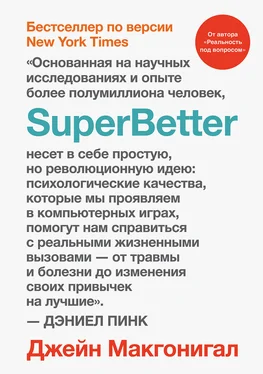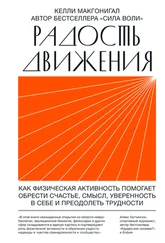Dana R. Carney, Amy J. C. Cuddy, Andy J. Yap . Power Posing: Brief Nonverbal Displays Affect Neuroendocrine Levels and Risk Tolerance // Psychological Science. 2010. № 21 (10). P. 1363–1368.
Alice Moon, Serena Chen . The Power to Control Time: Power Influences How Much Time (You Think) You Have // Journal of Experimental Social Psychology. 2014. № 54. P. 97–101.
Cassie Mogilner, Zoë Chance, Michael I. Norton . Giving Time Gives You Time // Psychological Science. 2012. № 23 (10). P. 1233–1238.
Melanie Rudd, Kathleen D. Vohs, Jennifer Aaker . Awe Expands People’s Perception of Time, Alters Decision Making, and Enhances Well-Being // Psychological Science. 2012. № 23 (10). P. 1130–1136.
Социальный джетлаг, или десинхроноз, не связан с перемещениями на большое расстояние. Это рассогласование внутренних часов организма с окружающим ритмом жизни. Причиной сбоя могут быть работа, взятая на дом, сезонный перевод стрелок часов, длительный отдых с изменением режима дня, работа по сменам и т. д. При этом нарушается ритм «сон — бодрствование». Его симптомы — длительное, более получаса, засыпание; кошмары; хрупкий, легко прерываемый сон; подавленное состояние утром. Прим. ред.
Marc Wittmann et al. Social Jetlag: Misalignment of Biological and Social Time // Chronobiology International. 2006. № 23 (nos. 1–2). P. 497–509.
Till Roenneberg et al. Social Jetlag and Obesity // Current Biology. 2012. № 22 (10). P. 939–943; Christoph Randler . Differences Between Smokers and Nonsmokers in Morningness-Eveningness // Social Behavior and Personality: An International Journal. 2008. № 36 (5). P. 673–680.
Russell G. Foster et al. Sleep and Circadian Rhythm Disruption in Social Jetlag and Mental Illness // Progress in Molecular Biology and Translational Science. 2012. № 119. P. 325–346; Rosa Levandovski et al. Depression Scores Associate with Chronotype and Social Jetlag in a Rural Population // Chronobiology International. 2011. № 28 (9). P. 771–778.
Stefan Klein . The Secret Pulse of Time: Making Sense of Life’s Scarcest Commodity. Cambridge, MA: Da Capo Press, 2008.
Vani Pariyadath, David Eagleman . The Effect of Predictability on Subjective Duration // PLOS ONE. 2007. № 2 (11). e1264.
David M. Eagleman et al. Time and the Brain: How Subjective Time Relates to Neural Time // Journal of Neuroscience. 2005. № 25 (45). P. 10369–10371.
Jennifer L. Aaker, Melanie Rudd, Cassie Mogilner . If Money Does Not Make You Happy, Consider Time // Journal of Consumer Psychology. 2011. № 21 (2). P. 126–130.
Seth Lajeunesse, Daniel A. Rodríguez. Mindfulness, Time Affluence, and Journey-Based Affect: Exploring Relationships // Transportation Research Part F: Traffic Psychology and Behaviour. 2012. № 15 (2). P. 196–205.
Bodhipaksa . 10 Tips for Mindful Driving. http://www.wildmind.org/applied/daily-life/mindful-driving. Дополнительные советы см. здесь: Michele McDonald. Awake at the Wheel: Mindful Driving (аудиокнига; More Than Sound Productions, 2011).
Mihaly Csikszentmihalyi, Jeremy Hunter . Happiness in Everyday Life: The Uses of Experience Sampling // Journal of Happiness Studies. 2003. № 4 (2). P. 185–199.
Ann Marie Roepke et al. Randomized Controlled Trial of SuperBetter, a Smartphone-Based/Internet-Based Self-Help Tool to Reduce Depressive Symptoms // Games for Health Journal. 2015. № 4 (3). P. 235–246.











